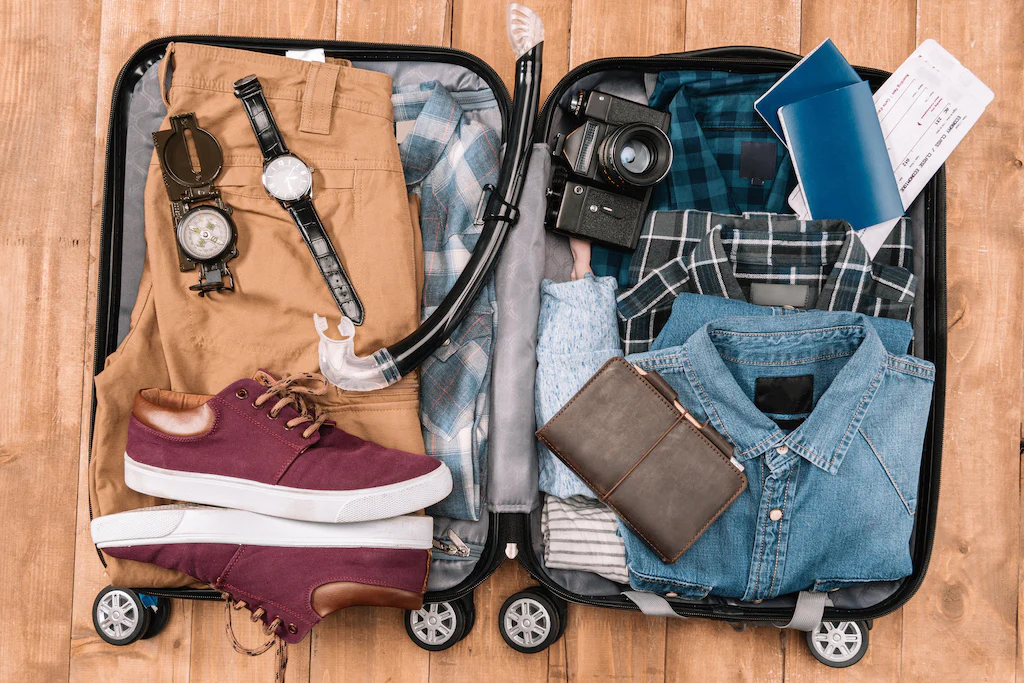

Most travelers will need a visa to enter Kenya. You can apply for an e-visa online through the official Kenya eVisa website. The process is straightforward and requires a passport copy, a recent passport-size photogr… Read More

Kenya offers a diverse climate year-round due to its varied topography and equatorial location. The best times to visit are during the dry seasons from June to October and January to February, ideal for wildlife safa… Read More

It's recommended to have vaccinations for hepatitis A, hepatitis B, typhoid, cholera, yellow fever, and rabies, depending on your travel plans.
Malaria is prevalent in Kenya, especially in rural areas.… Read More

The Kenyan Shilling (KES) is the local currency. While credit cards are accepted in major hotels and restaurants, cash is preferred in most places. It’s advisable to carry enough money in smaller denominations for ev… Read More

Kenyans are warm and welcoming. A handshake is the common greeting, and it’s polite to wait for a woman to extend her hand first. Respect local customs and dress modestly, especially when visiting rural areas or reli… Read More

Public transport is available but can be unreliable. For convenience and safety, consider hiring a driver or guide, especially if you’re planning to explore remote areas. Make sure to negotiate taxi fares before star… Read More

English and Swahili are widely spoken, along with many local languages. Learning a few basic phrases in Swahili, the most widely used local language, can go a long way in connecting with locals.
In Kenya, …
Read More

Prepare for varying altitudes and temperatures. Pack light, breathable clothing for the day, warmer layers for cool evenings, and rain gear for the wet season. Don’t forget a good pair of walking shoes for those safa… Read More